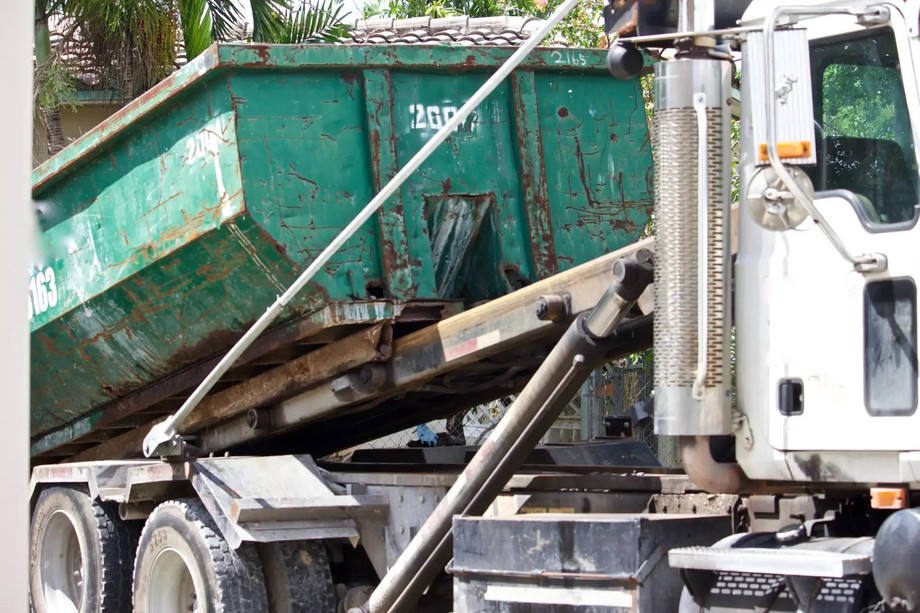Navigating the Labyrinth of Waste Unraveling the Impact and Solutions
Waste, an omnipresent facet of modern life, has become an intricate and pressing challenge demanding our attention. As our consumption patterns surge, so does the mountain of waste we generate. From plastic packaging to electronic gadgets, our throwaway culture has given rise to an environmental crisis with far-reaching consequences. In this exploration, we delve into the labyrinth of waste, uncovering its impact on our planet and society while examining potential solutions to mitigate its adverse effects.
The Global Waste Epidemic:
The scale of the waste predicament is staggering. According to the World Bank, global waste generation is expected to rise to 3.40 billion tonnes by 2050, a substantial increase from the 2.01 billion tonnes recorded in 2016. Landfills, incineration, and improper disposal methods contribute to environmental degradation, air and water pollution, and the depletion of natural resources.
Environmental Consequences:
Waste, particularly non-biodegradable materials like plastics, poses a severe threat to ecosystems. Marine life, for instance, is significantly impacted by plastic pollution, with millions of tons of plastic finding its way into oceans each year. This not only endangers aquatic species but also enters the food chain, potentially harming human health. Additionally, landfills emit greenhouse gases, contributing to climate change, while incineration releases harmful pollutants into the air.
Social Implications:
The waste crisis extends beyond environmental concerns, seeping into the fabric of societies worldwide. Improper waste management disproportionately affects marginalized communities, leading to health hazards, reduced property values, and economic disparities. The informal waste sector, comprising waste pickers and recyclers, often faces hazardous working conditions, inadequate compensation, and social stigmatization.
Consumerism and the Throwaway Culture:
The rise of consumerism has fueled the throwaway culture, where products are designed for obsolescence and disposability. Single-use plastics, fast fashion, and electronic waste are emblematic of this mindset, perpetuating a cycle of resource depletion and waste generation. Addressing this issue requires a shift in consumer behavior, emphasizing sustainable and circular consumption patterns.
Innovative Solutions:
While the waste dilemma seems daunting, various innovative solutions are emerging to tackle it head-on. Circular economy models, which prioritize recycling and reusing materials, aim to break the linear pattern of production, consumption, and disposal. Governments and businesses worldwide are increasingly adopting these principles to create a more sustainable and regenerative approach to production and consumption.
Technology's Role in Waste Management:
Technology plays a pivotal role in waste management innovation. Advanced recycling technologies, such as chemical recycling and waste-to-energy processes, are helping to extract value from waste streams and reduce environmental impact. Smart waste management systems, equipped with sensors and data analytics, optimize collection routes and enhance efficiency, minimizing the ecological footprint of waste management activities.
Individual Responsibility and Education:
Addressing the waste crisis necessitates a collective effort, with individuals playing a crucial role. Raising awareness about responsible consumption, promoting recycling habits, and reducing single-use plastics are steps that individuals can take to contribute to waste reduction. Education about the environmental consequences of waste and the benefits of sustainable living is essential in fostering a culture of mindful consumption.
The labyrinth of waste presents a multifaceted challenge, encompassing environmental, social, and economic dimensions. Navigating through this complexity requires a concerted effort from governments, businesses, and individuals alike. By embracing sustainable practices, advocating for responsible consumption, and investing in innovative waste management solutions, we can pave the way towards a more resilient and harmonious coexistence with our planet. It's time to unravel the intricate threads of waste and weave a tapestry of sustainability for future generations.
For more info:-

Comments
Post a Comment